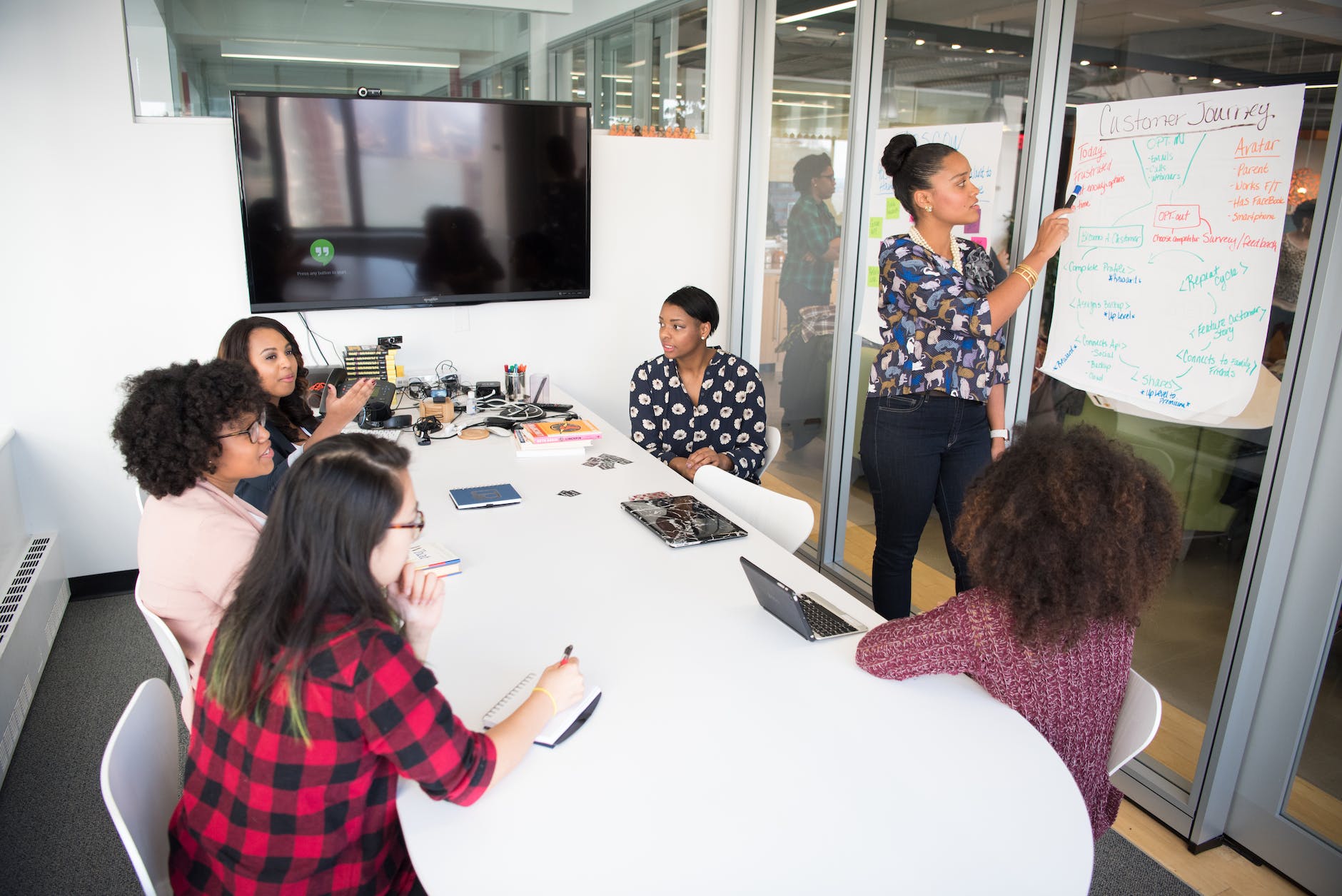In today’s society, we’re more interconnected than ever thanks to our phones, the internet, and the expectation we’re easy to reach due to the pandemic. In the past ten years the term “digital wellbeing” has popped up a lot, but it wasn’t until the last few years did it gain more attention due to the stigma of social media and the impact of influencers. Technology plays a large part in day to day life, and there’s almost this expectation that we must stay connected all day long and let people know how “great” our lives are. Digital wellbeing plays a huge impact on our lives, but promoting healthy technology use for yourself can help keep you happy and healthy. These are some fantastic tips to help you out on the road to digital wellbeing.
Set some boundaries
First off, you’ll want to take a look at your digital habits. How often are you looking at screens outside of work or study? When you’re looking at your phone or computer for leisure, how do you feel? Do you feel any sort of pressure? Anxiety? If you’re feeling any sort of negative pressure when you’re on your phone or laptop it may be time to set some boundaries.
This includes limiting the amount of time that you are online each day in your free time, setting limits on apps and websites too. Deleting certain apps, accounts, or even silencing notifications can help a lot as well in creating boundaries for yourself. Be clear with people you talk to whether it be your boss, co-workers, friends, or family that after a certain time, you unplug for the day.There are plenty of digital wellbeing apps available for mobile apps and even desktop applications too for helping you out in staying productive and knowing when to unplug.
Allow yourself to use devices at work
When it comes to work (or study) you’ll essentially need to stay connected. This can include other important aspects of your life as well such as stock investments or Bitcoin and cryptocurrency OTC desk. You just need to make sure that you’re setting boundaries for yourself where you’re not glued to a screen all day. Using your phone, tablet, or computer can be just fine, it only gets worse once it begins damaging your physical or mental health.
Look into analog activities
The average adult spends on average around eight hours a day consuming media from their phone, computer, and television. Cutting out half of this outside of work hours will give you a lot of free time to pick up new hobbies. There are a variety of activities that can be done without the need for screens such as sewing, fun crafts, knitting, painting, and even gardening. These sorts of activities are wonderful for keeping your mind and hands busy.
Focus on real relationships
Social media, video calls, and texting make it so easy to be physically disconnected from someone. While this can be grand for long-distance loved ones, if you’re in the same area you should try to focus more on spending time with people physically and creating real relationships that way.
Takes gadgets out of your meals
Whether you’re eating alone or with a family, having gadgets partake in the meals never ends well. This can result in mindless eating or even silent dinners.




